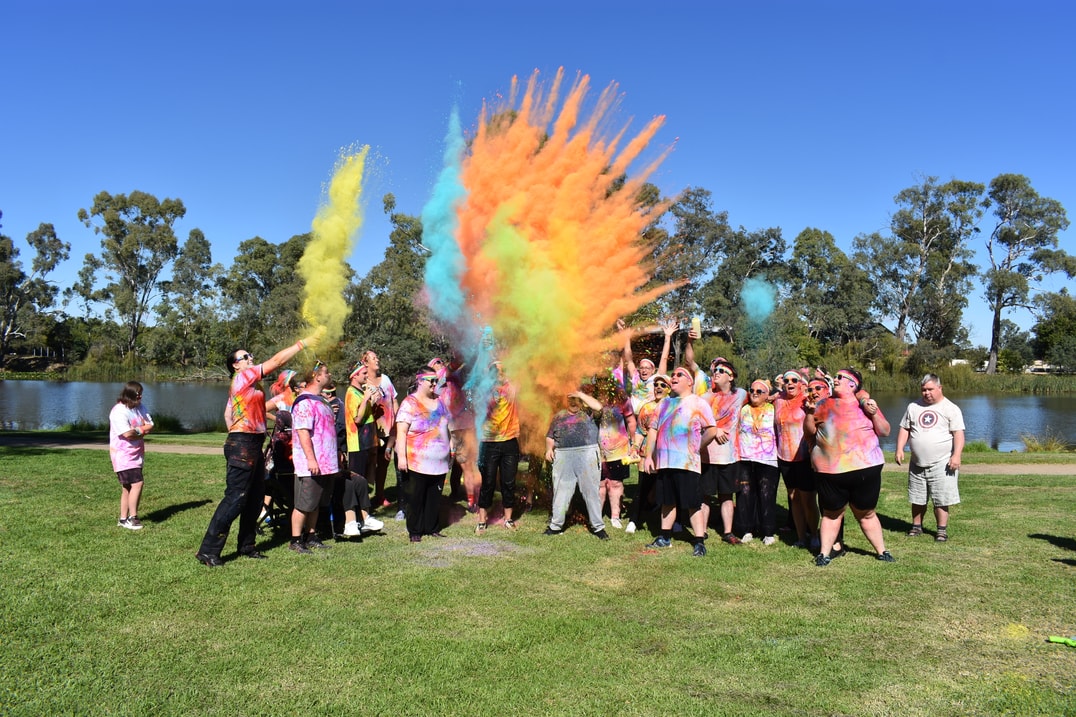“For many of the young people I work with, the internet is a lifeline – it allows them to connect with friends, engage with their interests, and be part of communities. But that comes with risks, and until now, there hasn’t been many education resources designed for them.”
Recognising this gap, we developed Be Safe Online in collaboration with the eSafety Commissioner. This is a set of tailored resources that give young people with disability the online safety education they need.
Be Safe Online covers essential topics such as online scams, digital consent, and maintaining a healthy online balance – providing educators, parents and young people with ready-to-use tools that are engaging, accessible, and practical.
Until now, educators like Courtney have had limited options when teaching online safety to young people with disability.
“In the past, I either had to adapt mainstream resources, which often weren’t age-appropriate, or spend hours creating my own. That’s time-consuming and, honestly, not always effective.”



